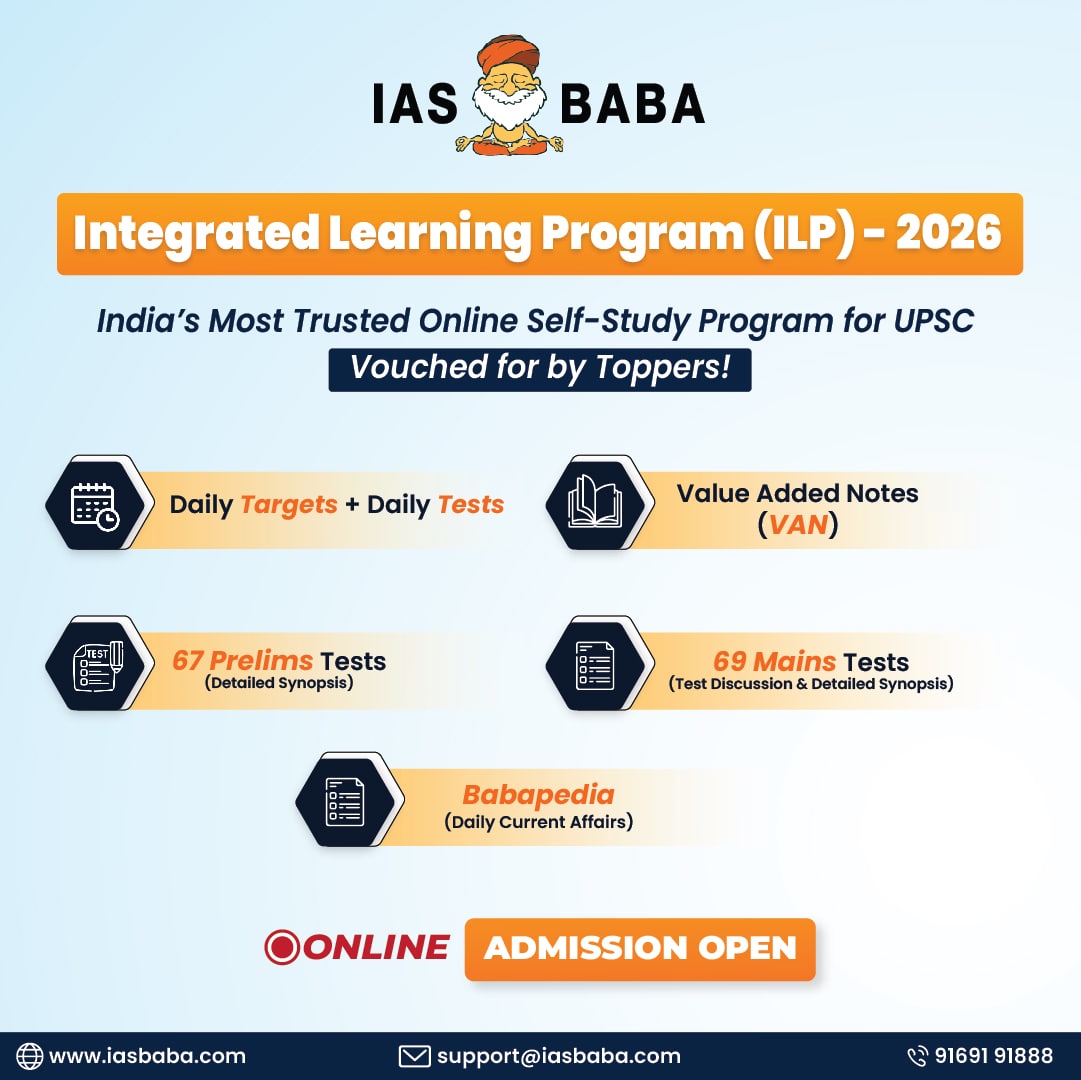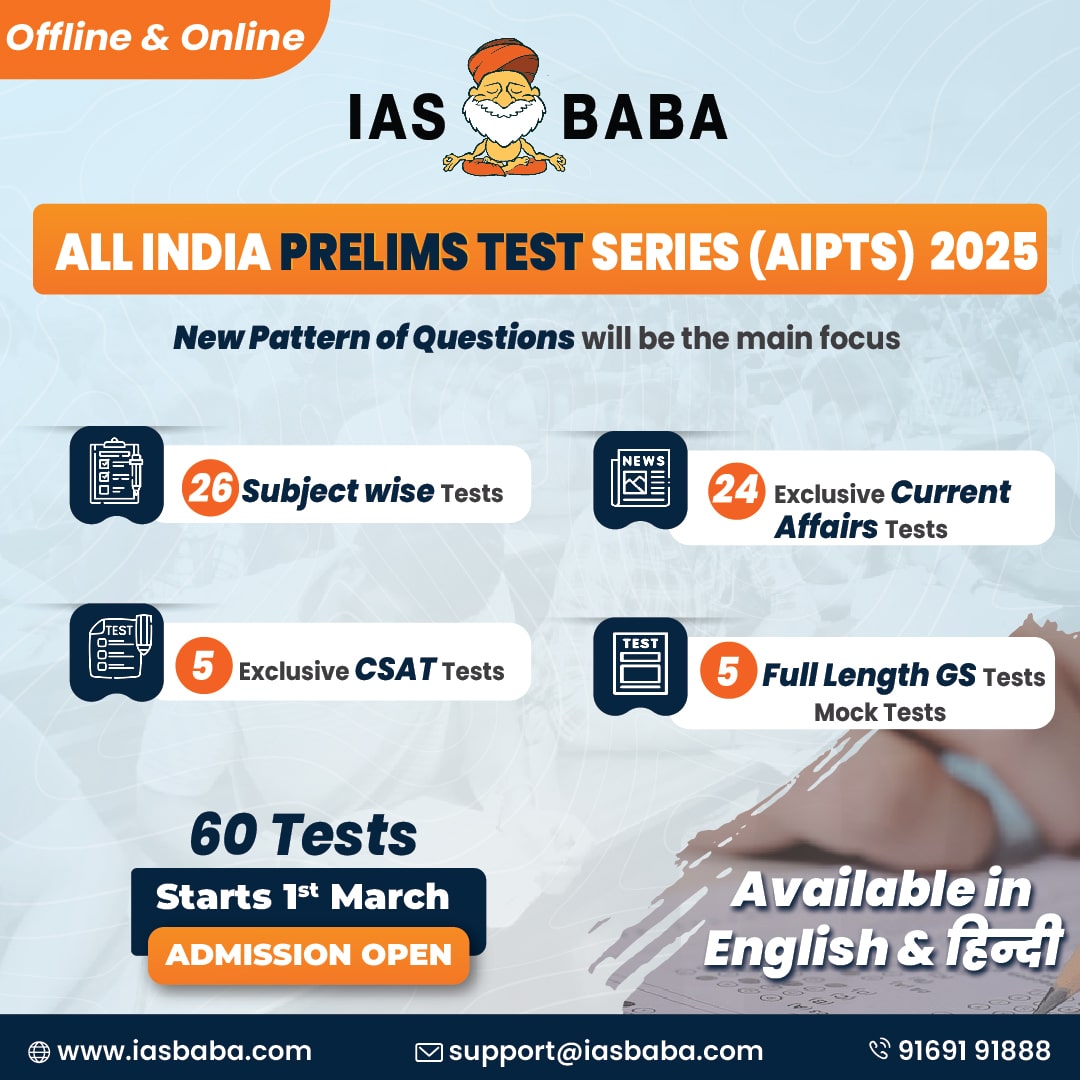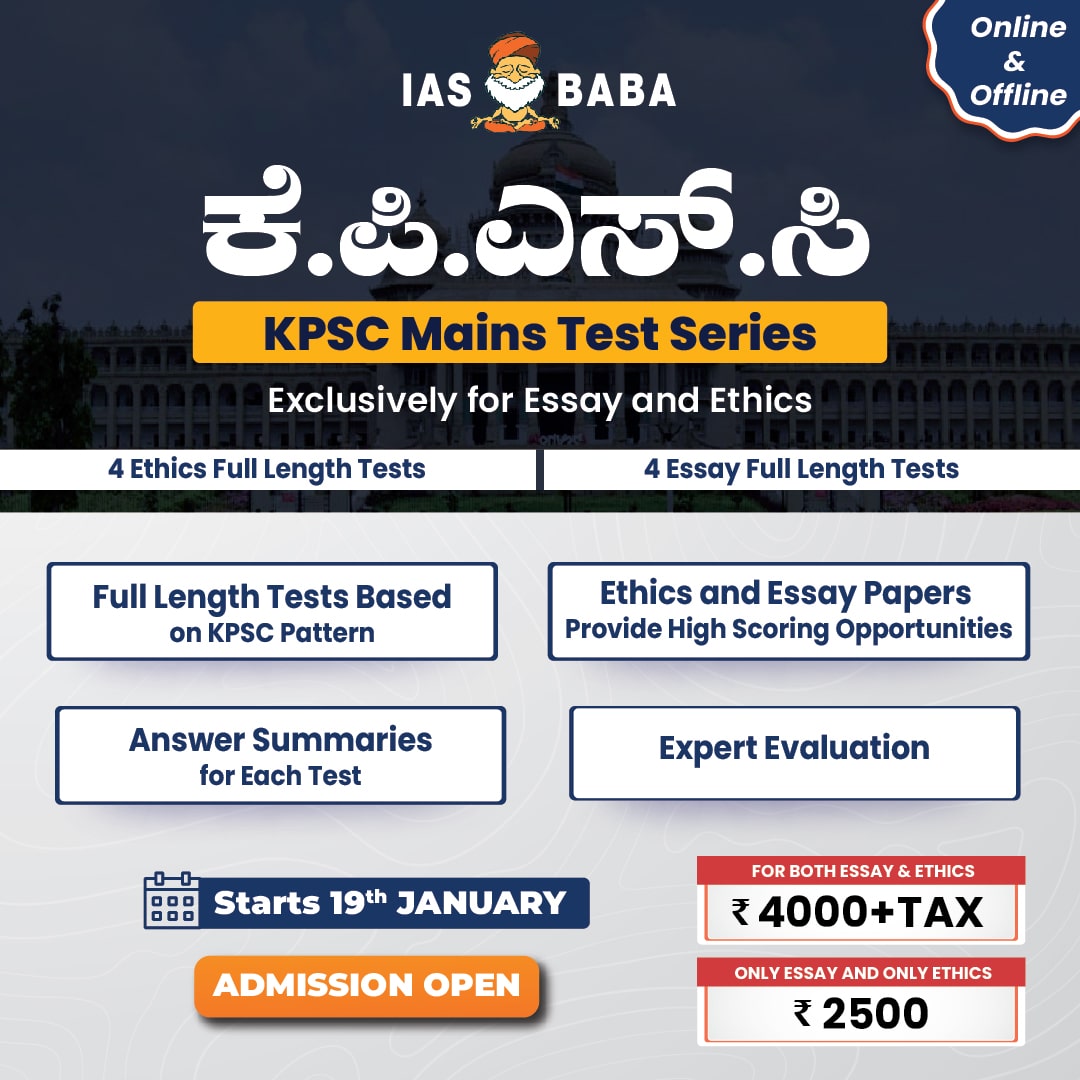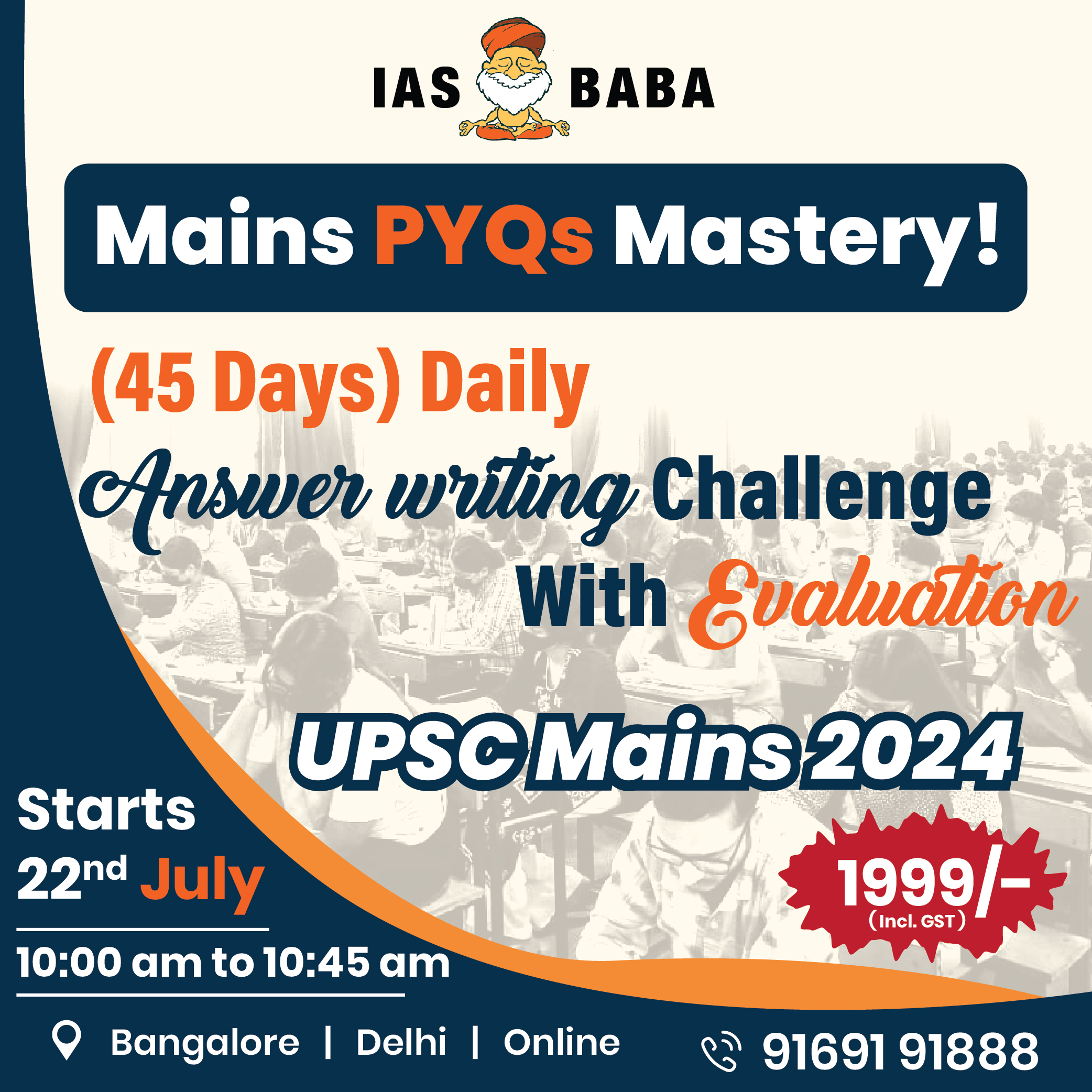Think and Learn-2015, TLP Mains 2015, UPSC, UPSC Mains- Think and Learn-2015
TLP: GS Mains Synopsis [Day 66]
Q.1) Discuss the paradigm shift in India’s foreign policy with reference to the changes brought by the new government.
The Top Answer for this Question is written by – Anish
Ans) There have been some significant changes in foreign policy approach of this new government
1) Neighborhood first policy: India had some or the other issues with almost all our neighbors. It began with invitation of SAARC leaders to swearing in ceremony of the PM This approach has yielded some significant benefits such as passing of Land Boundary Agreement leading to better relations with Bangladesh, Improved India-Sri Lanka relations shown by release of Indian fishermen and those arrested on charges smuggling. Proactive disaster relief to Nepal after Earthquake.
2) Non Alignment to Multi-Alignment: The shyness has been replaced by pro-activeness in foreign policy. Greater cooperation with Japan, US, Australia to counter the Chinese influence in our backyard. This is also reflected in cooperation with countries such as Vietnam and including Japan in Malabar exercise.
3) UNSC: Renewed vigor in working to get Permanent membership in UNSC. New approach has been to show Permanent membership is a right to country that is home to 1/6th of global population and not just that it deserves it.
4) Connecting with Diaspora: Most of PM’s visit abroad had greater interaction with Indian diaspora in that country.
5) Soft Power push: International Yoga day was a classic example of using soft power.
Q.2) Because of the location of India, it has not been able to be the part of big regional trade agreements like Trans Pacific Trade Partnership or Trans Atlantic Partnership. In this scenario should India accept China’s proposal to be the part of its maritime silk route?. What can be its implications.
The Top Answer for this Question is written by – Khwabeeda
Ans)
Image 1 – http://a.disquscdn.com/uploads/mediaembed/images/2755/2264/original.jpg
Image 2 – http://a.disquscdn.com/uploads/mediaembed/images/2755/2265/original.jpg
Q.3) The very fact that Indian interests and German strengths are concurrent is the driving factor for Indo-German ties. Elucidate.
The Top Answer for this Question is written by – Adityaka
Ans) Indian national interests of social and economic development are best supported by what Germany has to offer;
– Cultural relations have been given an impetus with German being taught as a language in the State owned schools in India. Germans seek the preservation of their language in a young english speaking country such as India.
– Germany, being one of the foremost industrialised nations, has surplus investible capital. This can be channeled into Indian projects.
– German Manufacturing expertise can be channeled into indian Indigenisation programs such as Make in India.
– Higher education and R&D is a field of immense importance. The complimentarity lies in the Indo-German deficit in demographic dividend. Germany has an ageing population while India is set to provide the world with a young workforce. Skill development is another field of cooperation
– With India pledging to lower its carbon emissions intensity by 30-35% as well as producing 100GW of solar energy and Germany being the elader in Solar production, there is scope for immense cooperation. Germany has already committed funds for the Green energy corridor
– Security and National security also finds mention as there is ample scope for cooperation on counter terrorism.
– Finally, in the geopolitical realm, India and Germany are supporters for UNSC reforms and are part of the G4 negotiating countries.
India and Germany are natural partners and it is this complimentarity that drives their relations
IASBaba’s Views
German Strengths – Indian Needs
1. Surplus Economy – FDI needed
2. Lean Manufacturing + R&D – Make in India
3. SMSEs – Indian Economy is 40% SMSE
4. Green Energy – India’s Renewable Energy Goals
4. Mutual support for UNSC permanent seat
5. Demographic dividend of India and the Manpower requirement of Germany
Q.4) “‘Commemorating’ should be used rather than ‘celebrating’ the 1965 Indo -Pak War.” Comment.
The Top Answer for this Question is written by – Cadet1970
Ans)
Image 1 – https://a.disquscdn.com/uploads/mediaembed/images/2755/1193/original.jpg
Image 2 – https://a.disquscdn.com/uploads/mediaembed/images/2755/1194/original.jpg
Q.5) US can play a vital role in realising the objectives of Make in India, Digital India and Smart Cities initiative. Do you agree? What messages do you draw from the latest visit of the Indian PM to the US in this regard?
Suggested Structure:
US can play a diverse role in India’s development journey via these programs:
1. FDI
2. Advanced Technology –
3. Green Energy – National Solar Mission
4. Management – Use Indian diaspora angle here
5. US and India both have dominant service sectors + ICT is the common factor (here use Google, FB etc)
Then just 2 lines of caution – over-capitalism of US , subordination in foreign policy through overreliance etc
Finally conclude by writing the message given by PM’s trip:
1. Indo-US relations at its strongest eg resolving the Nuclear Deal etc
2. Recognition of India’s growing stature in International Politics
The Top Answer for this Question is written by – Adityaka
Ans) Make in India, Digital India and the Smart city project are major infrastructural initiatives taken by the government. Due to the following reasons the US may have a constructive role to play;
Make in India:
– Process innovation and developing a manufacturing base in India requires considerable amount of expertise.
– US can provide such expertise as well as invest its resources, paving way for technology transfer. The defense cooperation may be used as a major planck.
Smart Cities:
– US cities such as Boston have considerable expertise with smart city development. The Gun safety alarm and relative water metering systems can be adopted in India.
– Furthermore, US has already agreed to invest in smart city development in Allahabad, Ajmer and Vishakhapatnam.
– Also green energy and nuclear energy is projected to be a major proportion of India’s energy basket. Initiatives such as PACE and the civil nuclear deal aim to secure the same.
Digital India:
– Silicon Valley in the US houses some of the biggest firms such as microsoft and facebook. Their active participation in digitizing India has already been sought.
– however, there are apprehensions of issues such as net neutrality emerging in light of Facebooks Internet.org.
With India’s growing economic and geopolitical clout Indo-US relations have never been better. Issues such as and equitable Indian IPR framework and public stock holding in WTO are mere obstacles to what can otherwise be considered as a strategic partnership.
High Order Thinking
Q.1) The RTI law is not merely a tool for financial oversight of the expenditure of the taxpayers’ money by various government agencies. Rather it is the harbinger of the philosophy of transparent and accountable governance. Critically comment.
The Top Answer for this Question is written by – Nithin Kunneparambil
Ans) Each age in the governance history of modern India was dominated by certain important ideologies. Socialism in Mrs Gandhi’s era, Globalization in P.V.N Rao’s Era. And the current ideology certainly is TRANSPARENCY. Which extends to what is often called as PARTICIPATORY DEMOCRACY.
1. Accountability : Every government officers are now held responsible for their action, there by removing the lethargy which was generally attributed to the Indian Government service.
2. Corruption : Even though the post RTI era has witnessed a lot of corruption cases, the MESSAGE is loud and clear that a corrupt official, Minister would not escape.
3. Sense of ownership for common man: Every person now feel he is a part of the system since he can get information. This has in true sense enriched and strengthened the democracy.
4. Sociological aspect : The various NGOs and activist find it easier to analyze the conditions and efficacy of the government policy which was other wise not available. Along with the current model of administration which includes the stakeholders, has produced colorful results.
5. Responsiveness : The government machinary is much more responsive to the causes of the common people. This PROACTIVENESS of the officials certainly has lots to do with RTI.
In a nut shell Introduction of RTI is indeed the SECOND INDEPENDENCE of our country.
Q.2) The recent stalemate in the Rajya Sabha over crucial bills has given impetus to a thought that important bills should be converted into money bills so that their legislation doesn’t require the approval of the Rajya Sabha. What are your views on this issue? Also discuss the constitutional provisions in this regard.
The Top Answer for this Question is written by – Mumtaz Ahmad
Ans) The constitution through Article 109 has clearly demarcated the subjects that constitutes Money bill and the final word in case of conflict has been left on the Speaker of the LokSabha to decide whether a bill is money bill or not.
Following points elaborates the recent attempts to bypass stalemate in RS through Money Bill:
1. Any stalemate in the RajyaSabha shall be addressed through debate and discussion, the government shall hear the views of opposition.
2. Any attempt to bypass RS through the instrument of Money Bill, such as the recent Black Money Bill, clearly violates federal features of parliamentary democracy.
3. The constitutional faith that has been reposed on the Speaker of Lower House to decide on money bill has been exploited by the government since speaker is selected from the ruling party and non-partisanship is missing.
A proper approach shall include all the stakeholders on a common stage and allowing a healthy debate and discussion to check any stalemate. Exploiting provisions of Money Bill to bypass upper house would certainly undermine the constitution in letter and spirit and could create further digression.
Q.3) What do you think of the recent Supreme Court judgement to strike down the act proposing the formation of NJAC and reviving the collegium system? Is it judicial overreach? What does our constitution say in this regard?
The Top Answer for this Question is written by – Praneeth
Ans) Recent SC judgement to strike down 99th Constitutional amendmrnt and NJAC Act has led to allegations of judicial overreach.
Judicial overreach refers to Judiciary expanding its powers to enter domain of legislature/executive and curtail their role.
Judiciary enjoys power to review laws and amendments and strike them down if in violation of FRs/Basic structure. So, exercise of this power to strike down a law/amendment, no matter how popular it is, per se does not amount to Judicial Overreach.
However, the present judgement does amount to overreach:
— The basis of judgement – Holding Judicial Primacy in appointments as a part of Basic Structure of Constitution and as essential for Judicial Independence is flawed. India is only country where Judicial
Primacy is regarded as essential for independence.
— Claiming Judiciary as the only organ which enjoys public trust and sole protector of civil liberties and democracy. Baseless allegations against Legislative and Executive.
— NJAC composition does indeed violate Judicial Overreach. In this case only NJAC law should have been quashed and not 99th CA.
Constitution provisions:
Art124- Judicial appointment by President after consultation with Judiciary.
Art13- Judicial review to strike down laws in violation of FRs.
However, innovative interpretation by Judiciary has led to exclusive Judicial role in appointments (Collegium system) and Judicial review being expanded to amendments and the concept of Basic Structure.
These interventions were required to check executive excesses and balance the power. But, it is now time for Judiciary to realize need for a consultative and transparent process for judicial appointments and thus rebalance the system.














